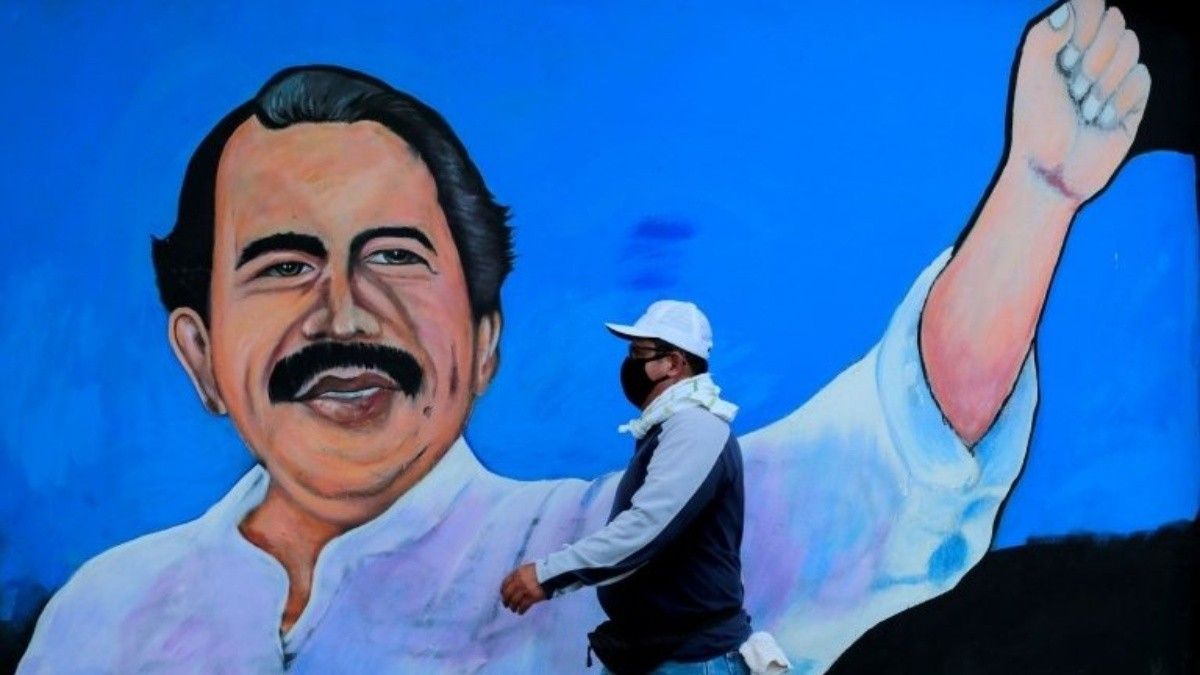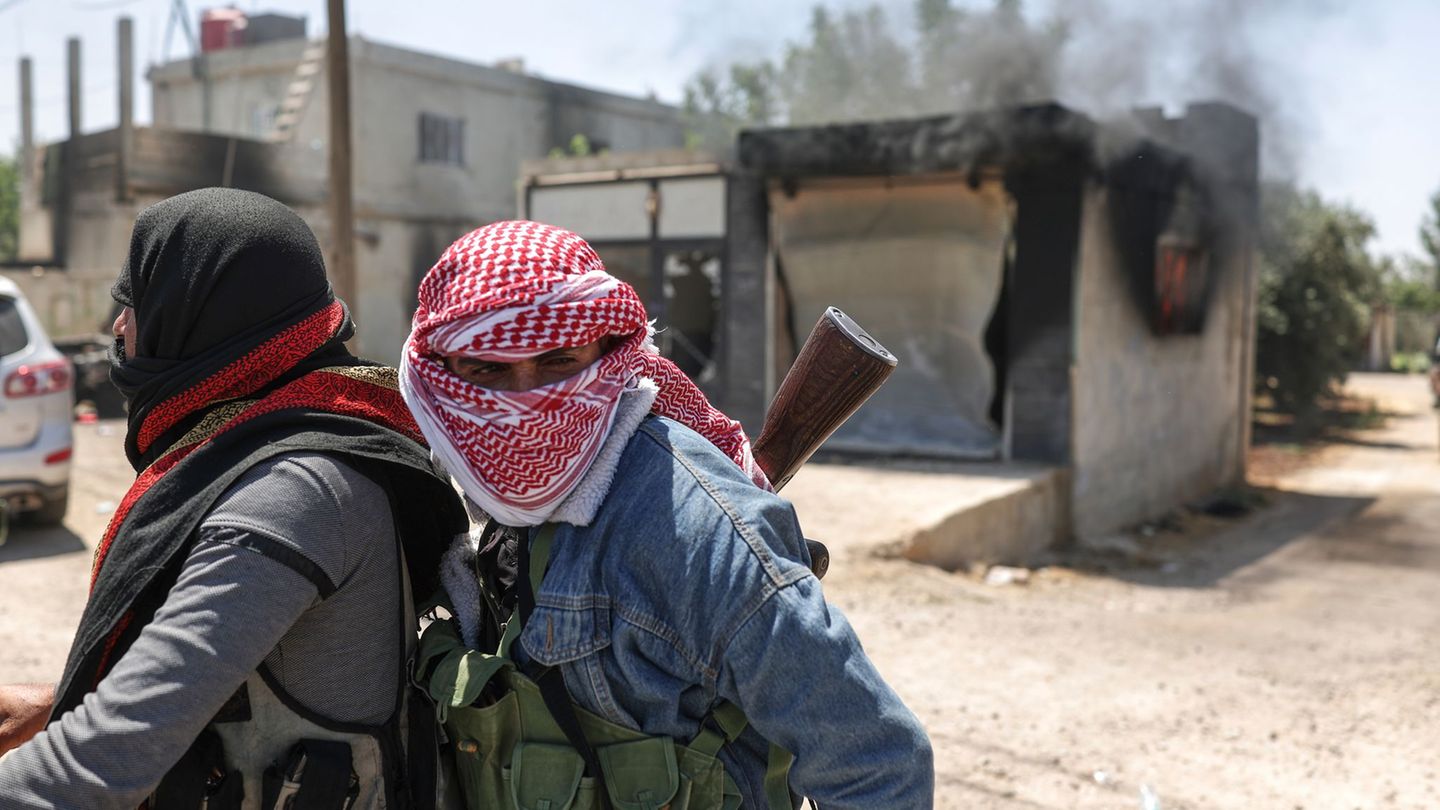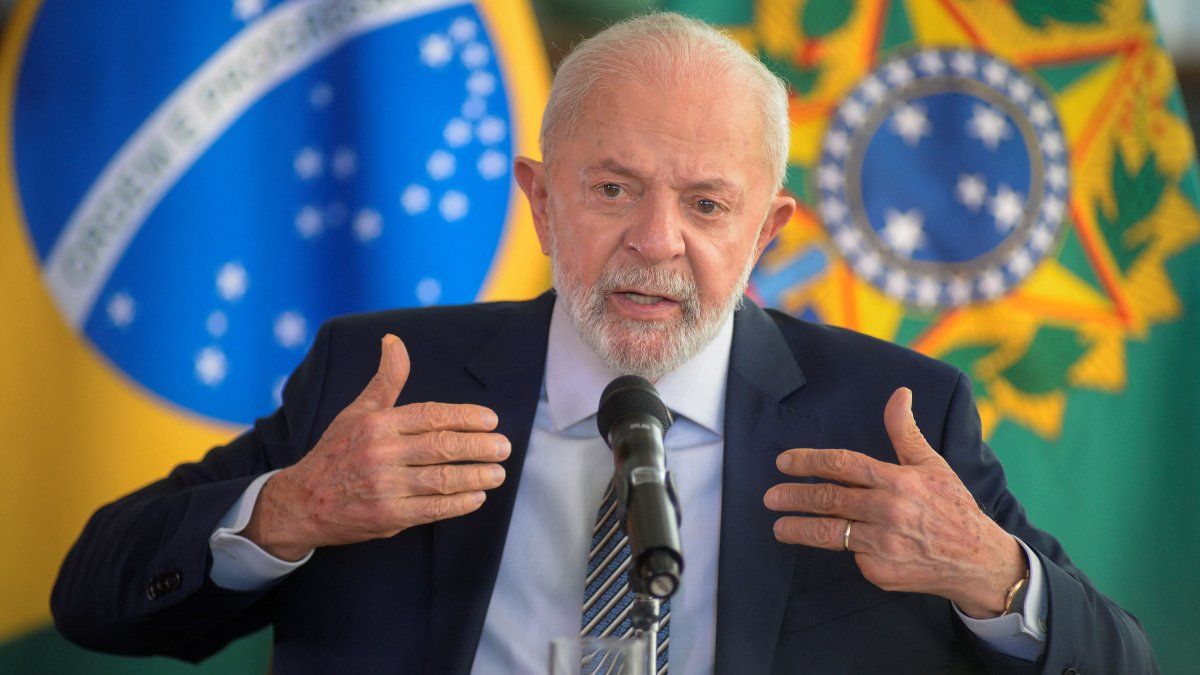His permanence in power is not in doubt. Ortega, who ruled in the 1980s after the FSLN guerrillas overthrew dictator Anastasio Somoza in 1979, faces five right-wing candidates unknown to most Nicaraguans.
Some 4.4 million voters are called to the polls, which opened after 7 (10 in Argentina) to also elect 90 deputies of a Congress that, like all the powers of the State, is under official control, reported the AFP news agency.
The elections are held three and a half years after protests that demanded Ortega’s resignation and whose repression left some 320 dead, more than 150 protesters still in prison and more than 100,000 exiles.
The voting day also comes preceded by a tenuous campaign, barely nuanced by few notices in the media and very few public events by the candidates, largely in response to the coronavirus pandemic.
The Electoral Council only authorized acts of no more than 200 people and with a maximum duration of 90 minutes.
In fact, the main squares of Managua were in recent weeks full of Christmas decorations and special lighting, and without signs, posters or parades with the usual campaign promises.
With the term ending in January, Ortega is already the longest-serving president in the country’s history, and the five years he is likely to win tomorrow will take him to a place that hardly any other president can match.
But they can hardly complicate the triumph of the president. Ortega has spent more than half his life as the undisputed leader of the FSLN, a party for which he was the only presidential candidate in 1984, 1990, 1996, 2001, 2006, 2011 and 2016.
Since 2014, by a decision of Congress endorsed by Justice, there is no limit on the number of presidential terms and Ortega repeats the formula with his wife.
But the vote is also the end of a process that is highly questioned, both nationally and internationally: it comes after the arrest of some thirty opposition leaders, including eight presidential candidates, the prohibition of three parties from participating and the cancellation of one twenty NGOs.
Most of the decisions, from which the Government takes off attributing them to the Justice, are based on an unprecedented norm for the region: the Law for the Defense of the Rights of the People to Independence, Sovereignty and Self-determination for Peace. a norm that has only 224 words, two articles (the second one) and that was voted in just 24 hours by Congress.
Part of the opposition calls for abstention: artists and singers even recorded (in Costa Rica) a song to urge them not to vote.
In addition to the 90 deputies to the National Assembly, 20 are also elected to the Central American Parliament.
The National Assembly, in truth, has 92 seats, but one is for the outgoing president -which has not existed for 15 years- and another for whoever occupies the second place in the elections.
The electoral system foresees a second round, avoidable if the winner reaches 45% of the votes or a minimum of 35% and five points of difference with the second. Whoever wins will begin his term on January 10, and the new legislators will take office the day before.
Although no country has announced that it plans to ignore the results, the day after the elections represents a real unknown because the Organization of American States (OAS), the European Union (EU) and the United States denounced the situation of imprisoned opponents and manipulation of the Electoral Council.
The government responded by rejecting electoral observers from those countries or regional blocs.
There will be about 30,000 security personnel -15,000 and 16,000 policemen- to guard the elections, and the 4.3 million Nicaraguans qualified will vote in 13,459 polling stations.
Tables close at 6pm (9pm in Argentina).
Source From: Ambito
David William is a talented author who has made a name for himself in the world of writing. He is a professional author who writes on a wide range of topics, from general interest to opinion news. David is currently working as a writer at 24 hours worlds where he brings his unique perspective and in-depth research to his articles, making them both informative and engaging.




